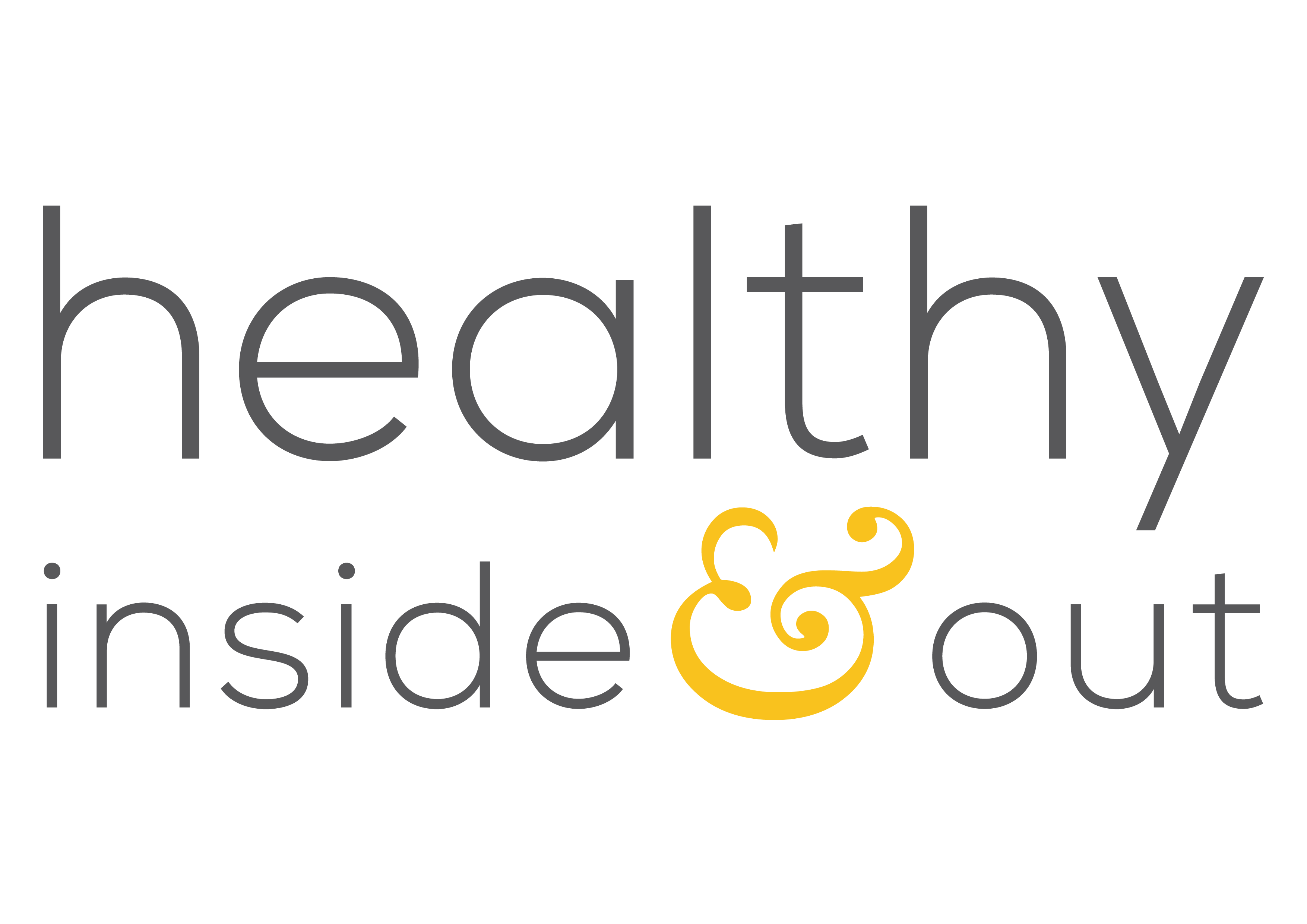F.A.Qs
What do your qualifications mean?
To become a psychologist in Australia people are required to complete a four year undergraduate course (BSc-hons) followed by either a two-year on the job training period (known as 4 + 2) or a higher degree (e.g. Masters). I completed a 4 + 2 to become registered and then two separate Masters programs in Health and Clinical Psychology while working as a psychologist.
Health psychology is a field of psychology that focuses on how biology, psychology, behavioural and social factors influence health and illness. In contrast Clinical Psychology is focused on understanding and treating mental disorders.
To gain endorsement a psychologist needs to do a further two years on-the-job registrar period after their university study is complete. I have completed this for health psychology. I am now engaged in this same process to work towards the clinical psychology endorsement.
Psychologists are required to be registered with the Australian Health Practitioner Regulation Authority (AHPRA). The titles "Psychologist", "Health Psychologist" and "Clinical Psychologist" are all protected - that is it is not legal to claim these titles unless you have the qualifications and experience to do so.
Which is Right for Me - Counselling or Coaching?
Counselling is generally problem and symptom focused, while coaching is future focused. Coaching doesn't usually involve understanding how you are impacted by experiences from your past.
If you are doing ok emotionally, but want to achieve better physical health, greater work-life balance or a more rounded life then coaching may be a good fit for you.
By contrast therapy tends to be more problem-focused, and usually aims to improve symptoms or reduce unhelpful patterns in your life. Counselling will help ensure that any underlying issues preventing a better life are identified and worked on. For some people not addressing these issues could limit the effectiveness of coaching.
I complete an initial assessment with all of my clients. If you book in to see me for coaching, but would benefit more from counselling this should be clear by the end of our first session. If this is the case for you, I will help you engage with your GP to get a mental health care plan.
Often your health and wellbeing goals can be integrated into your goals for counselling. However, counselling cannot be integrated into coaching and is best done separately. If you would like to or in tandem if you are receiving appropriate support from another health professional, you can progress with coaching after your counselling is complete,
Still not sure which one is for you? Contact me for more information via the contact form, or via email. I'll get back to you within a couple of working days.
What do we do in an initial Counselling session?
Understanding you: In the first session it is really important that I get a good understanding of the nature of your challenges. To do this I will explore your physical health, and social factors (such as relationships, work and hobbies) in addition to your mental health and current concerns. I may get you to fill out some of this information in preparation for your first session or have you tell me the story of how you came to be the person you are today.
Assessing your symptoms: I will also give you some questionnaires on various symptoms to give us a benchmark of what you were experiencing at the time. This will allow us to track your progress over the course of your therapy and ensure that we are prompted to change our approach if you are not getting relief.
Formulation: Incorporating all of this information will allow us to draw on the strengths of both the biopsychosocial model (health psychology), and the clinical model (clinical psychology). This will allow us to figure out how your challenges have been developed and how they are being maintained. In turn this allows us to identify which approach might work best for you.
Setting Goals: With all of this at hand we set some goals for our work together, and identify priority areas on which to start our work.
It is really important for you to feel that I ‘get’ you
Research indicates that a large proportion of the benefits that people get out of therapy are reliant on the ‘therapeutic relationship’. It is really important that you feel ‘heard’, respected and understood by me.
What do we do in an initial Coaching session?
Screening: In our first coaching session I will get you to complete some screening tools to make sure that you are not experiencing symptoms that are better tackled through therapy. If you are already engaged in therapy then let me know as we can work in parallel, and work with your existing psychologist to overcome barriers that might otherwise hold you back.
Assess change readiness: In the first session we also look at your “change readiness”, which essentially is the degree to which you are motivated and have the knowledge and skills be able to make lifestyle changes.
Assess current health and wellbeing: We get a good picture of your current health and lifestyle and the ways in which it is, and isn’t working well for you.
Map out your values: We explore your values for living generally. We do this to ensure that your lifestyle will be sustainable over time and won’t detract from things in your life which are actually more important to you.
Set Goals: We work at setting realistic goals to improve your change readiness, to improve your health, and to guide our work together.
What if I don’t have set goals?
Your goals for counselling or coaching will drive what we do. Don’t know exactly what you want your goals to be? That’s fine – that will be the first thing we figure out together.
Once your goals are clear we work in collaboration with to ensure that we work towards your goals using evidence-based approaches. I understand that depending on your situation your motivation and capacity to work on things outside of our sessions may vary – this is ok, we can adjust as necessary.
How do we make sure that I get value for money?
To ensure that we are staying on track I will regularly check-in with you, check your symptoms and seek your feedback on how well we are working together. This will include finding out whether there is anything that I could be doing differently.
Getting this information helps ensure that:
- I remain focussed on your needs and goals;
- we don’t persevere endlessly with strategies that are not working for you;
- you get the most out of our work together.
Cancellation Policy
Where you become aware that you will not be able to attend your scheduled session please reschedule your booking as soon as possible. This will open up your spot to others, who may be in distress and will otherwise have to wait.
A cancellation fee of $55 applies for cancellations made within 48 hours. These fees may be waived in extenuating circumstances or where another person fills your original appointment time.
Do you do Skype Sessions?
Yes! However, Skype sessions are not appropriate in all circumstances, such as when suicidality is present. Please note that medicare and DVA rebates are not available for Skype Sessions. If you would like to have Skype sessions, please make contact and we can discuss whether this is a good option for you.

